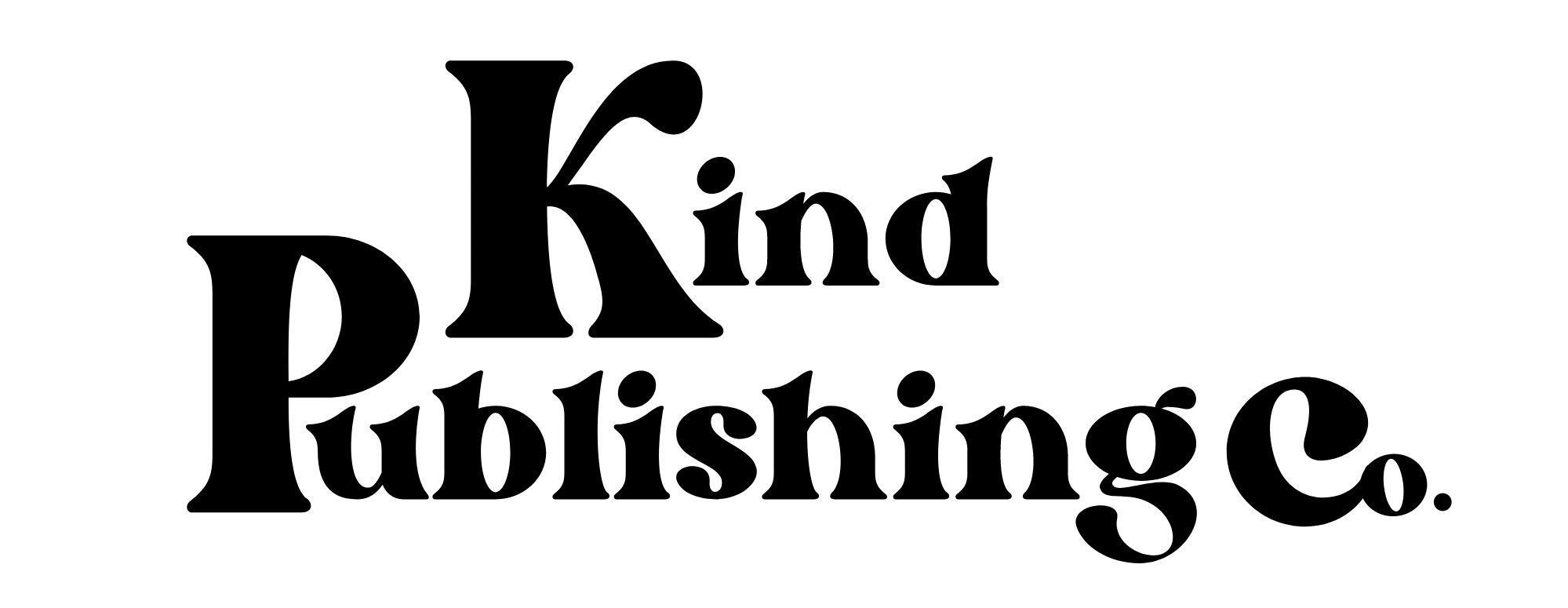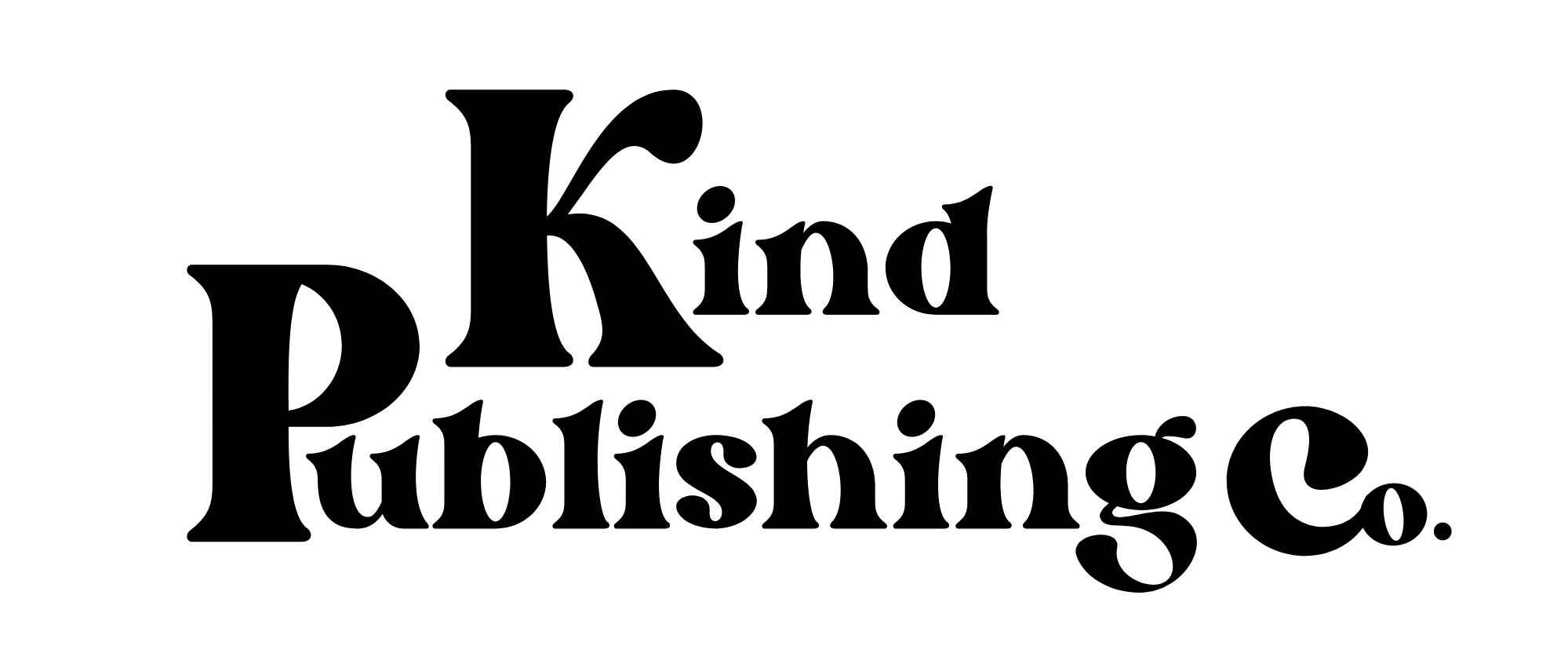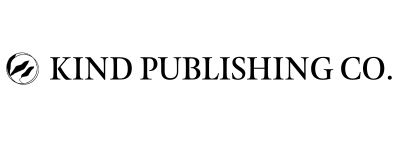
Netflix just came out with a new docuseries called The Principles of Pleasure and in the first episode they talk a bit about the Orgasm Gap. Think the Wage Gap, but in bed. These brilliant women were sharing about how little education women receive about pleasure, their bodies, and how to navigate their sexuality. And they discuss how relatively unimportant female pleasure is when you hold it up to the light against male pleasure.
And then I’ve got clients who have decided their sex drive is too high because their husband’s is lower than theirs, creating a whole new layer of judgement and shame about who they are in this world.
So much judgment. So many social constructs and influences. And so very little experience and curiosity. Is it any wonder then, we carry this disinterested and mildly dissatisfied type of attitude into our relationship with our own menstrual cycle?
There are two main ways women who come into my office describe their periods to me:
“It’s horrible, and I hate it, and it hurts, and I wish it would just stop.”
“It’s generally annoying and inconvenient and I try not to think about it until the day or two before.”
And by “the day or two before,” they mean the day or two before their period, or menstrual cycle, bleeding begins.
That same lack (or suppression) of information about our bodies that has been applied to sex and pleasure, has been applied to our cyclical nature. Most of us grow up with no idea what’s going on below the hem of our jeans. You know, the ones that never quite fit us like we’d like them to. Most adult women don’t have any understanding of our cyclical nature. What we do know of it, is wrapped in shaming and disgruntled or delusional language. Watch one tampon commercial. It’s all about hiding your period or setting the unrealistic expectation that you can do everything on your period you can off your period.
Shame. Or Delusion.
Sure, you can do anything on your period that you can off it. Except that 40-50% of menstruating women have primary dysmenorrhea (painful periods). And that the percentage of women missing work because of their painful periods have caused some countries to implement Menstrual Leave in the workplace.
I know, I know. It’s gotten so much better. We have started talking about it. We are switching from heels and tampons to sneakers and menstrual cups. We are starting to like our bodies in every size. We’re unanimously mad about pink tax and we love/hate Goop. We’re trying Flo gummies and pimple patches and we’re pumped. Together. Until we start bleeding. And then we loathe a whole week of our lives. One quarter. Twenty-five percent. And we are in pain. Adult acne in women is on the rise. We are getting diagnosed with horrible things like PCOS and Endometriosis and infertility at an unprecedented rate. We are also having hysterectomies at an unprecedented rate. And we write it off with a, “what do you do?” or a “sucks being a woman, doesn’t it?”
What if There was Another Way Around This?
What if we looked at our bodies and their cyclical nature with curiosity and a little bit of wonder instead of judgment and shame? What if we asked why our symptoms were happening instead of finding a way to mask them, in order to better “keep up,” with life? What if we tapped into the energy of our whole cycle, not just the bleed, and asked ourselves “what can each of the four phases of my cycle offer me?”
What if we loved our cycle?
What if we understood that our Follicular phase was our monthly invitation to newness and spent that time dreaming up what could be?
What if we tapped into the natural charisma and connection that comes to us in our Ovulation phase?
What if we honed in on what we can complete, what we can write, and how we can tend to ourselves and others in our Luteal phase?
What if our bleeds were not something to dread, but instead an invitation to rest, to reflect, and to remove anything that is no longer serving us well?
Our cycle can be a nuisance, or it can be a beautiful way to take care of ourselves. It can be something we resent, or it can be something that communicates to us what our needs really are. Our cycle can be an invitation to step out of a linear 24-hour lifestyle and into the freedom of a 28-day circle.
I wish someone would have taught me about all the goodness of being a woman. The reality is no one taught my teachers. How on earth could they teach me? Now, I’m grateful that I have the opportunity and privilege to learn about my body and to step into authenticity, creativity, and pleasure by looking at my cycle differently. What’s more, is the gratitude that comes in helping other women step into the truth of their own cyclical nature. There is healing to be done within our wombs. It’s big, systemic, physical, and emotional healing.
Author
-

Jada Dobesh is a Spiritual Director and the creator of Selah Space, a holistic wellness co-op in Sioux Falls, SD. In her work, Jada offers her clients the space and practices needed for holistic healing and sustainable wellness. The verb “selah” means to take pause and notice, and to make space for what was said, and that’s a practice that Jada takes to heart. From Spiritual direction and reiki, to sexual health practices, and speaking to the divine nature of the feminine, Jada intentionally honors her client’s spiritual, physical, mental, and emotional well-being. When she’s not cultivating Selah Space as a place for people to come together to help one another become well, Jada is mama to Audrey, age 3 and Marek, age 1, and wife to Witt. Jada’s education includes Bachelor of Arts degrees in Clinical Psychology and Theology/Youth Ministry and graduate degrees in Christian Leadership and Spiritual Direction.











